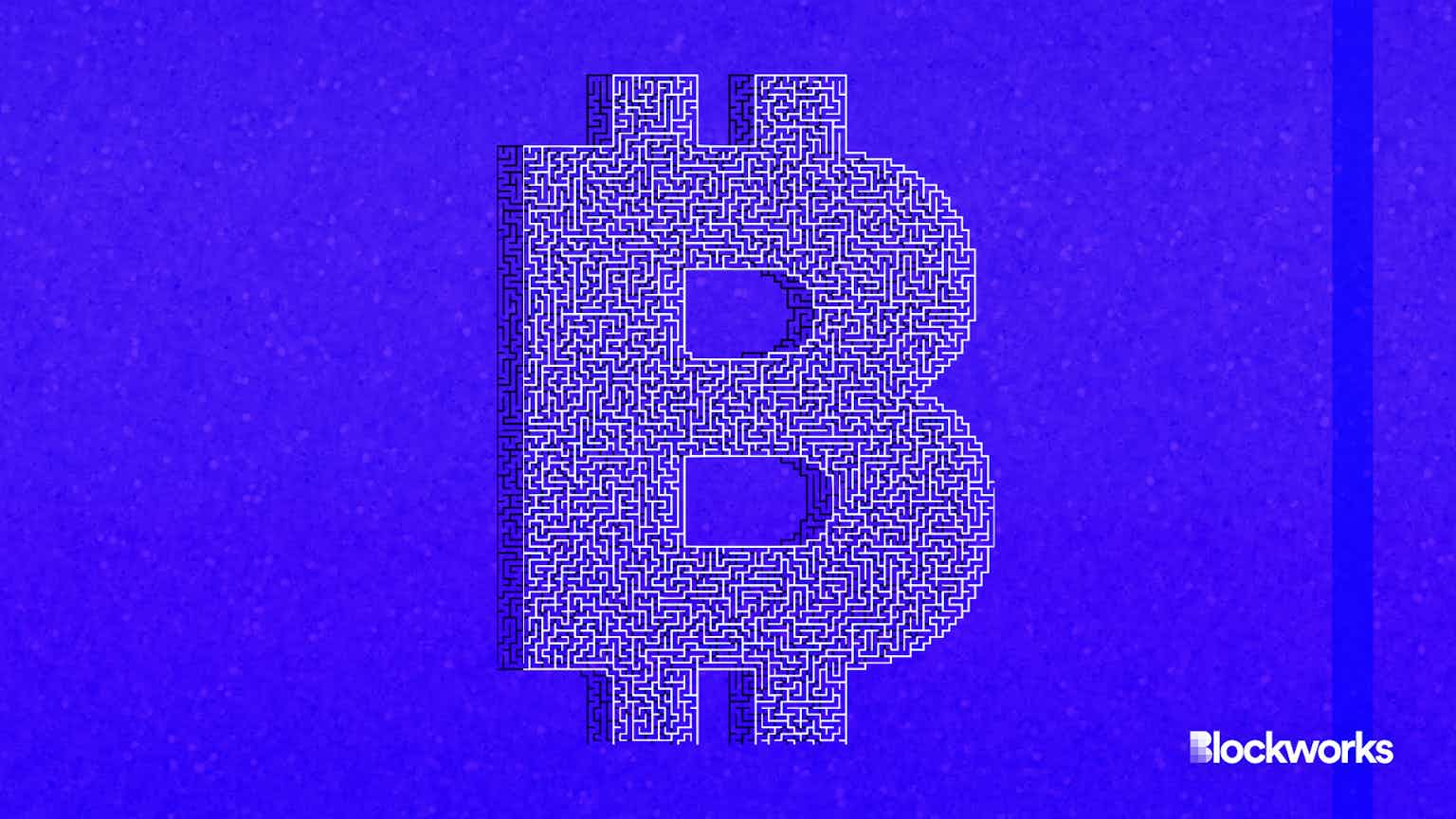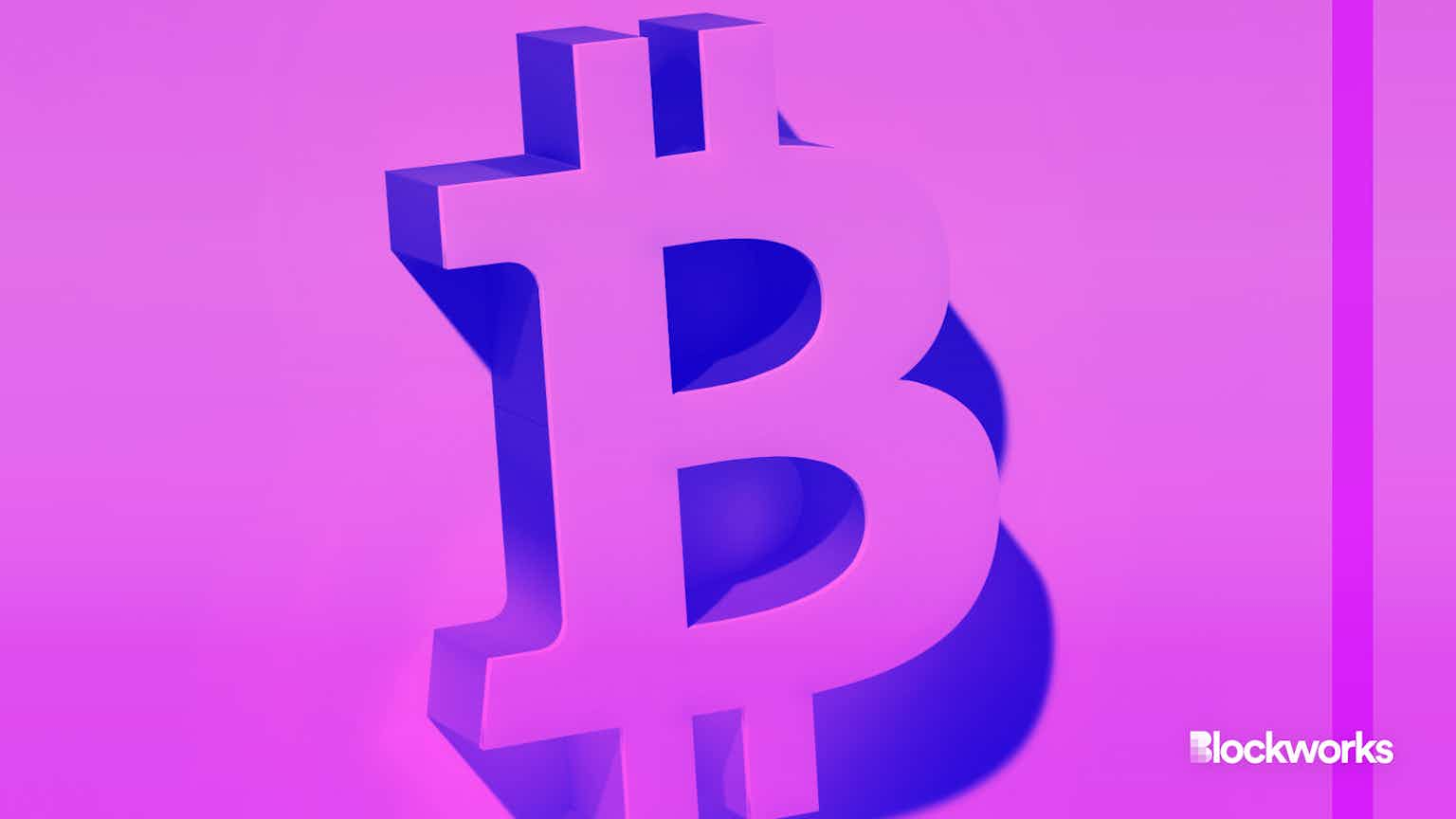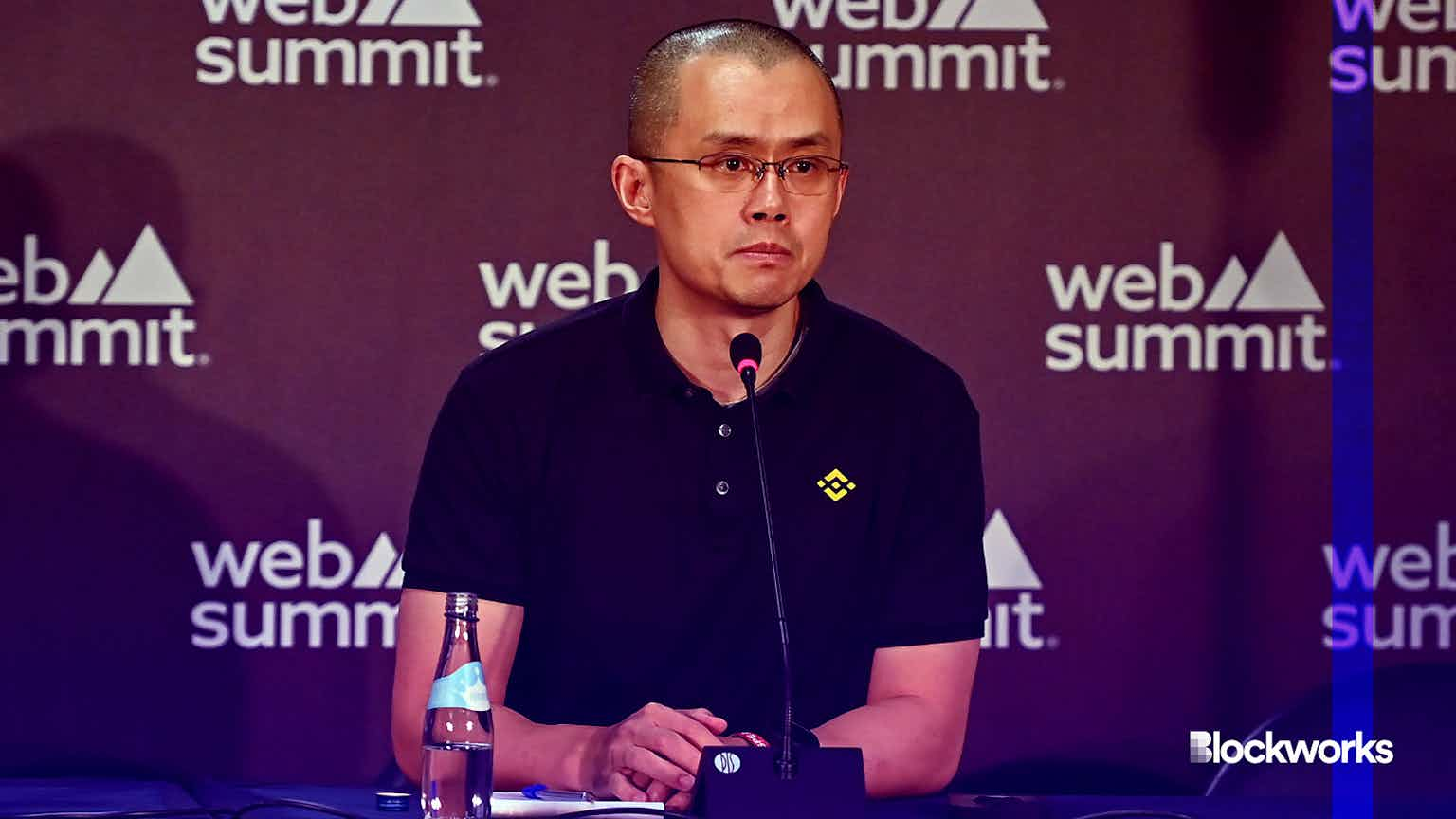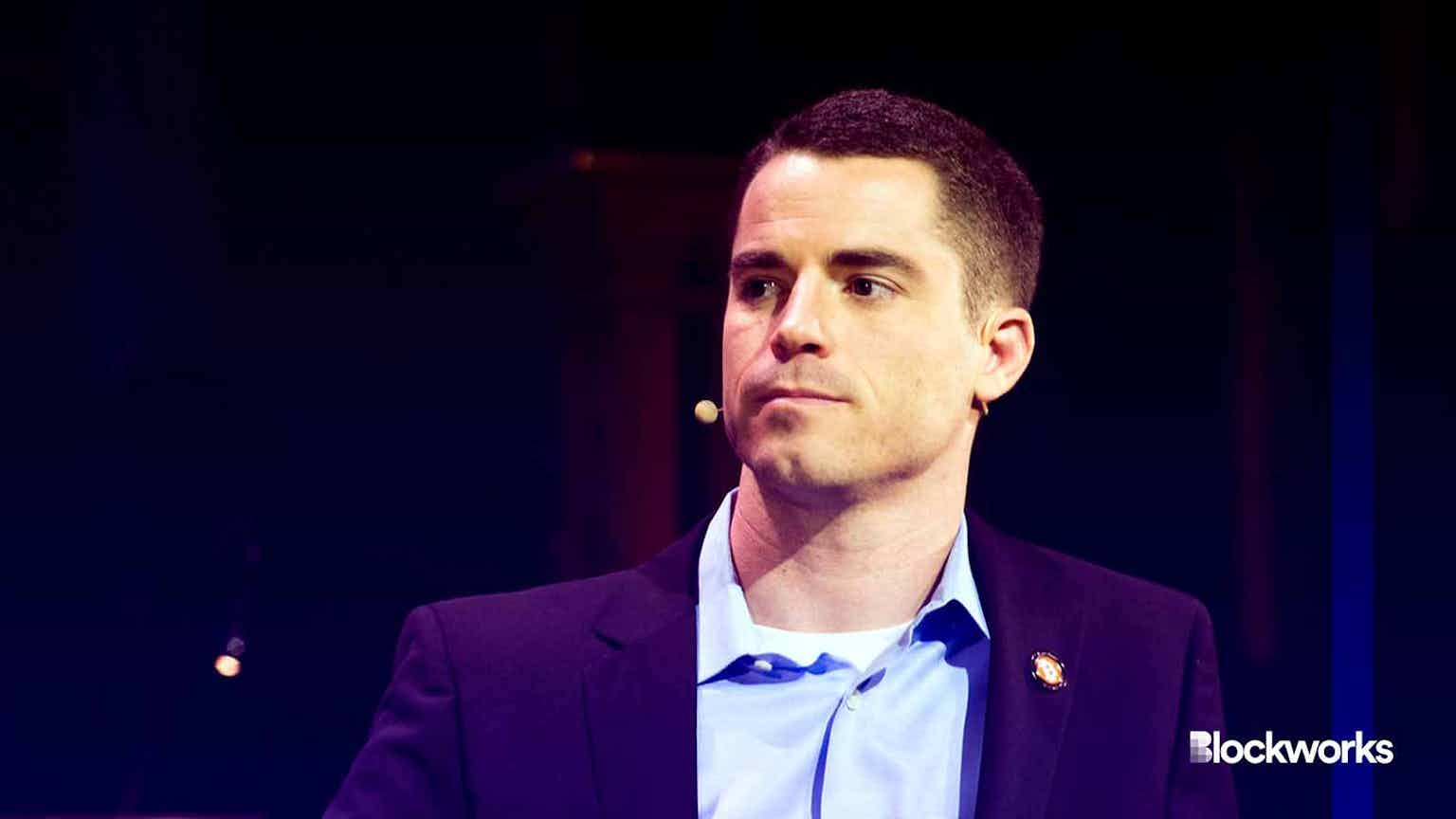Uniswap Community Doesn’t Pass Fee Switch Proposal
In a vote to solicit community feedback, Uniswap community remains torn about fee switch

Midjourney modified by Blockworks
In a vote to solicit feedback on proposed fee changes, Uniswap’s community continues to remain divided.
Voting closed at 1:05 pm ET today — after opening on May 25 — with a little over 45% of voters in favor of no fee, while 42% were in favor of a fee. The fee would have been equivalent to 1/5 of the pool fees across the v3 pools. Over 40 million UNI tokens participated in the vote.
Although the vote did not pass, it is important to note that over 23 million UNI tokens (more than 50%) voted in favor of turning on pool fees overall.
Further, a handful of wallets that voted for “no fee” had only recently been created, with almost zero transaction history.
Community members were given the option to charge liquidity providers a fee equivalent to 1/5, 1/6 or 1/10 of pool fees across all Uniswap V3 pools, or to not switch fees at all.
Had the proposal passed, an initial test would first have been conducted on Uniswap V3’s Polygon deployment. If successful, the community would have been given the chance to determine whether or not the fee switch should be implemented on other v3 pools.
This latest proposal was put forward by GFX Labs, a delegate and service provider for Uniswap. GFX’s Getty Hill told Blockworks that “we will be posting an update on the forum regarding next steps and a possible Temperature Check.”
“Uniswap is in a strong position to turn on protocol fees and prove that the protocol can generate significant revenues. Uniswap is a decentralized exchange, and market participants are used to paying fees to utilize exchanges,” GFX wrote in its proposal discussion back in May.
However, ongoing concern around the possible tax and legal implications if a fee switch is implemented remains an issue.
An earlier fee switch proposal by Leighton Cusack, founder of Pool Together — a DeFi protocol — and Guillaume Lambert, founder of Panoptic drew similar concerns.
“Although legislation has been introduced to address the issue, it has not passed Congress or been signed into law […] following a holistic analysis, we do not feel comfortable recommending the creation of a traditional legal entity structure, if the proposal were to be approved right now,” Devin Walsh, the executive director of Uniswap Foundation, said in a proposal discussion related to the initial fee switch proposal.
Porter Smith, a deal partner on the a16z crypto team that owns a substantial amount of UNI tokens, echoed this point in the latest discussion forum.
“Ultimately, if any action relating to the fee switch could result in a tax obligation, then there needs to be an ability to pay such obligation,” Smith wrote. “In the absence of a legal entity, it is important to reduce tax risk by using a programmatic flow of funds directly to token holders who are performing work on behalf of the DAO.”
Smith does note, though, that a16z is actively looking at ways to create this programmatic flow of funds and will be providing an update with solutions in the next month or so.
Updated on June 1, 2023 at 3:33 pm ET: Clarified that the majority of voters did vote to turn on pool fees.
Updated on June 1, 2023 at 7:41pm ET: Clarified that the vote was to solicit feedback from the community, and not to enact a governance proposal. Added quote from Getty Hill.
Start your day with top crypto insights from David Canellis and Katherine Ross. Subscribe to the Empire newsletter.





